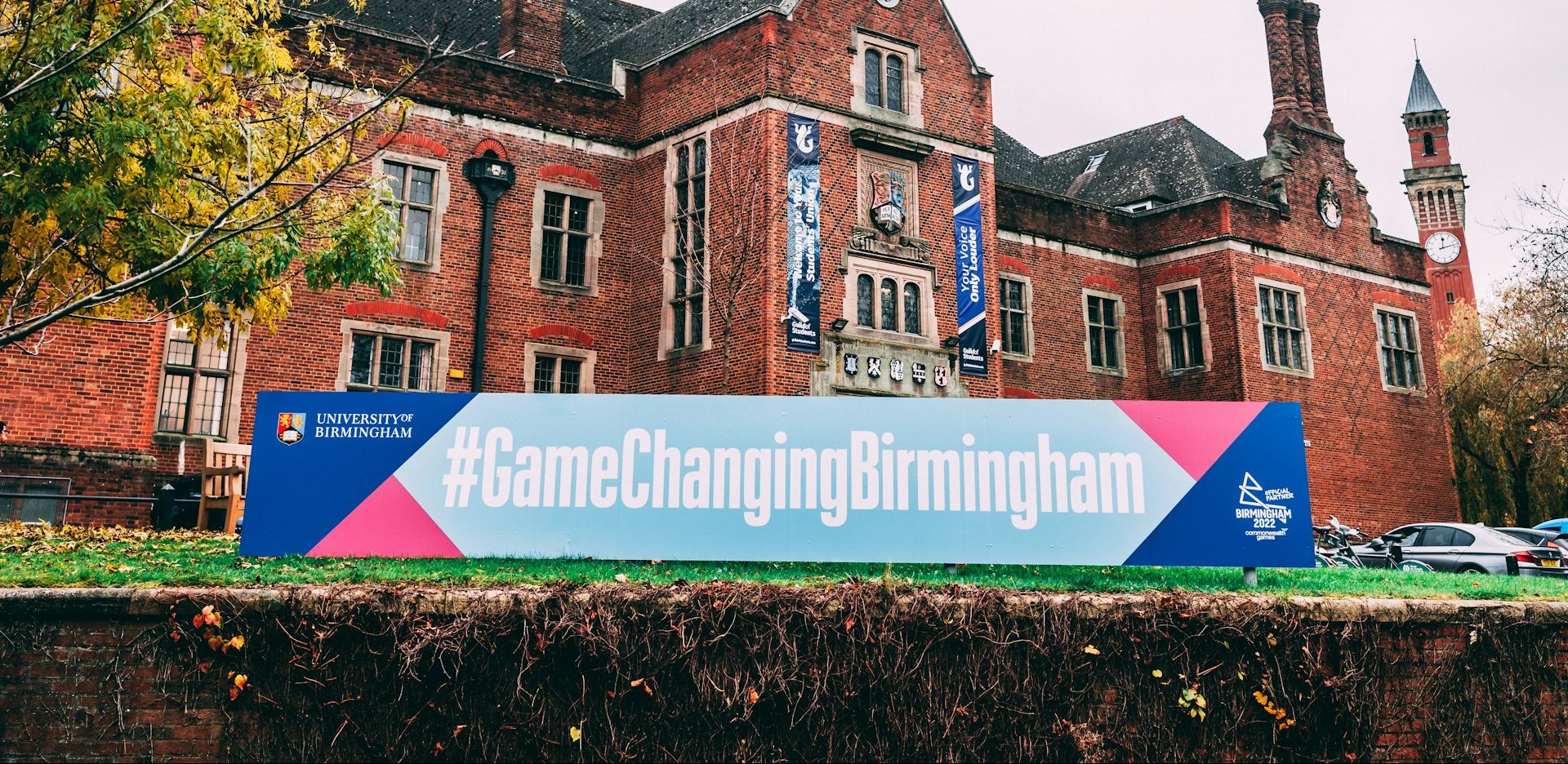
Deputy Editor Charlie o’Keeffe sits down with Abby Kenrick (Disabled Students Officer 2024/25) to discuss her plans for the upcoming year.
Abby Kenrick, the recently elected Disabled Students Officer, shared her plans for the upcoming year in an interview with Redbrick’s Charlie O’Keeffe.
Kenrick expressed her excitement over her significant election win, emphasizing the importance of representing the disabled student population. She noted, ‘It’s really exciting that so many people thought I was the best option.’ Grateful for the support, she aims to ensure disabled students feel integrated into university life.
Kenrick highlighted the need for a more personal approach to supporting disabled students, something she believes has been lacking. She intends to ‘reach out and ask people to be open about their experiences,’ relying on both student feedback and her own observations to accommodate various needs. ‘The most important part about being the Disabled Students Officer is being a good listener because my experience with disability is limited to my own.’
“She intends to ‘reach out and ask people to be open about their experiences,’ relying on both student feedback and her own observations to accommodate various needs.
Collaboration with other officers, including Alex Keen, the newly elected Education Officer, and Max Williams, the Sustainability Officer, is already underway. Kenrick is keen on integrating sustainability into disability support, particularly regarding accessible plant-based foods on campus. She noted that simplified ingredient lists would be helpful for those with dietary restrictions and intolerances.
Kenrick also aims to update the university’s Reasonable Adjustment Plans (RAPs). She believes current RAPs are too focused on extenuating circumstances, such as deadline extensions, and lack integration into everyday academic practices. She shared her personal experience, where requests like tutors using microphones and recording lectures often go unheeded, suggesting that ‘lecturers and tutors aren’t told what their students actually need.’
Addressing the issue of supporting students without formal diagnoses, Kenrick pointed out that the RAP system is overly reliant on the medical model of disability, requiring formal documentation. She advocates for a more inclusive approach, supporting any student facing barriers, whether formally diagnosed or not. Kenrick proposes that lecturers be better trained to recognize and address inaccessibility issues proactively.
A major focus of her campaign is increasing disability awareness on campus. Kenrick argued that the responsibility for raising awareness currently falls too heavily on disabled individuals. She wants to shift this to a community effort, promoting the idea that ‘disability is a universal issue’ and not something to be fixed or hidden. Kenrick plans to use mainstream guild platforms to spread her message, fostering a culture where disability is seen as a human variation rather than a disadvantage.
Kenrick also emphasized the importance of disability pride, advocating against the shame often associated with disabilities. She believes promoting disability as a human variation can help integrate disabled individuals more fully into the community without the need to conceal their disabilities.
“Additionally, Kenrick plans to work closely with the Students’ Association for Neurodivergence, Disability, and Mental Health (SANDAM).
Additionally, Kenrick plans to work closely with the Students’ Association for Neurodivergence, Disability, and Mental Health (SANDAM). Although the role of Disability Officer as co-chair in SANDAM is no longer automatic due to the officer position becoming paid, she is interested in running as a regular committee member to maintain a strong relationship between the association and her office. Kenrick hopes to boost SANDAM’s membership and visibility, enhancing the sense of community among disabled students.
Abby Kenrick is determined to make the University of Birmingham more inclusive and supportive for disabled students, focusing on personal engagement, awareness, and practical reforms. Her proactive and inclusive approach promises to bring significant improvements to the university’s disability provisions in the coming year.
Read more News updates here:
Study Provides New Insights into UK Neurodiversity
Birmingham Business School Receives Prestigious Global AMBA Award for Deloitte Partnership
Women’s Unions Warn Cuts to Public Services in England Will ‘Reverse’ Gender Equality
Comments